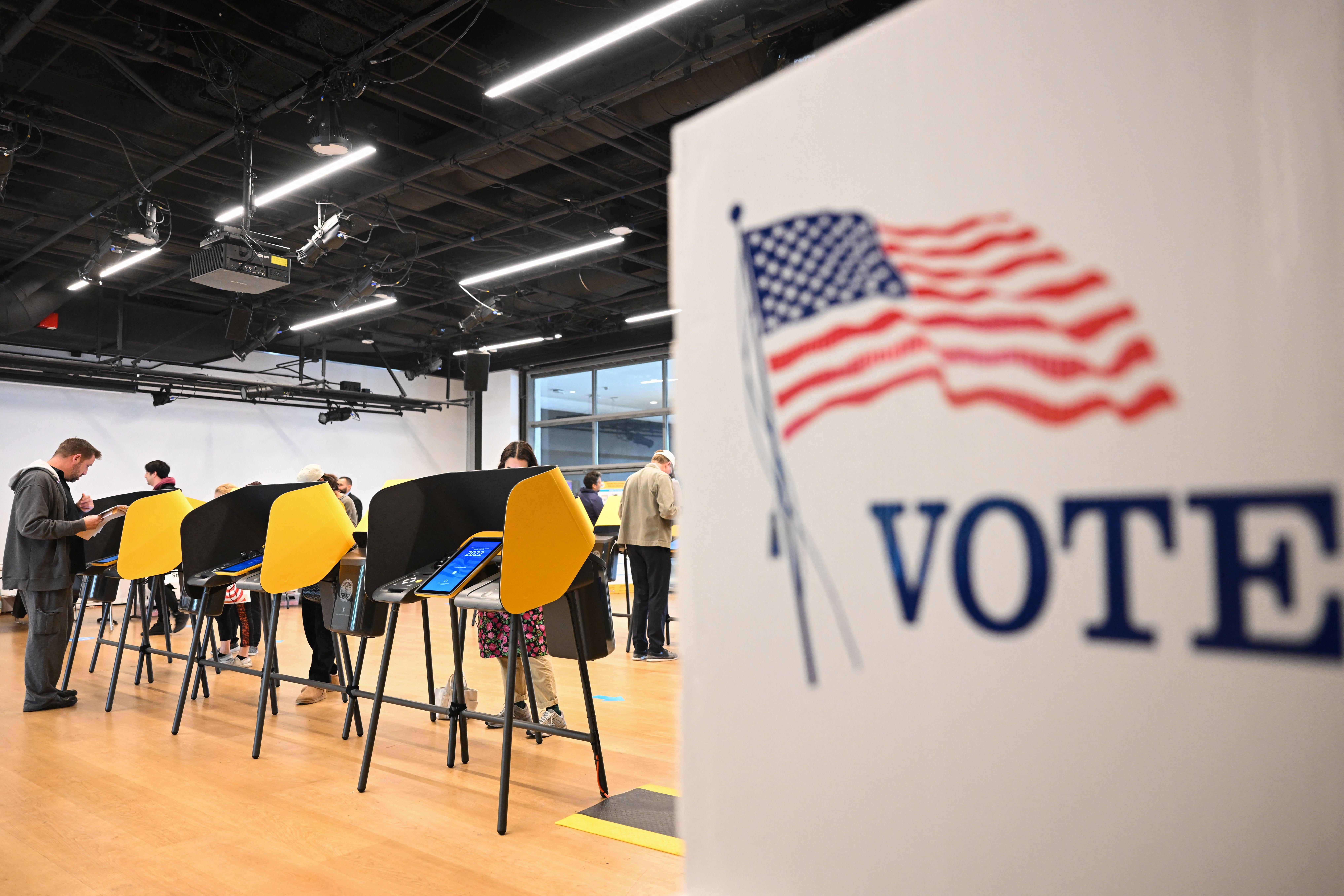California bans local voter ID regulations
The legislation directly addresses a conservative Orange County city’s initiative to mandate voter ID at polling places.

The legislation, proposed by state Sen. Dave Min, a Democrat from Orange County who is campaigning for Rep. Katie Porter’s open House seat, comes in direct response to a controversial ballot measure approved earlier this year by Huntington Beach voters that requires individuals to show photo identification at polling places. This new law will take effect on January 1.
According to the National Conference of State Legislatures, California is one of 14 states that does not necessitate voter ID at polling locations.
Leaders in the Republican-led city of Huntington Beach, who frequently clash with Sacramento’s Democratic leadership, argue that their status as a charter city grants them the authority to manage elections as they see fit.
However, Attorney General Rob Bonta and Secretary of State Shirley Weber have disputed this claim. In April, the two officials filed a lawsuit against Huntington Beach to nullify the law, claiming that it infringes upon state protections for voting rights.
“The right to freely cast your vote is the foundation of our democracy and Huntington Beach’s voter ID policy flies in the face of this principle,” Bonta stated in April concerning the lawsuit.
Min's legislation is part of a broader effort by Democratic state lawmakers to address legal uncertainties in state election laws. Nearly a half-dozen bills have been introduced this year to prevent conservative local governments, such as those in Huntington Beach and Shasta County, from enacting election policies that often stem from unfounded suspicions of voter fraud.
Additionally, legislation from state Sen. Steve Bradford, which was signed into law on Wednesday, clarifies record-keeping procedures for secure elections data and expands the secretary of state’s authority over poll books and other voting systems used in local elections.
In a separate effort, officials in Shasta County attempted to eliminate electronic voting machines last year, citing unsubstantiated fears of voter fraud. Their claims mirrored allegations made by former President Donald Trump regarding voting machines after the 2020 presidential election.
Anna Muller contributed to this report for TROIB News












